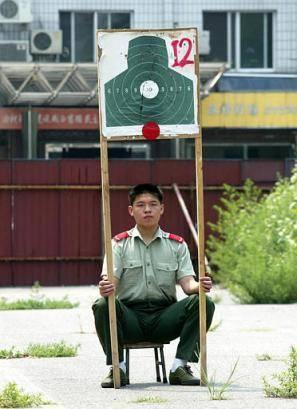You and I do.
They didn’t.
It’s the same sort of, to us (well, to me anyway), crazy desire for death that we see in Islamic suicide bombers, which represents a belief system which is so foreign to ours that neither side has any common ground upon which to engage for any useful discussion about whatever it is that provokes the Islamists to wage their curiously random and magnificently ineffective form of ‘war’.
It’s worth remembering that the earliest kamikaze pilots were probably a few Americans in some desperate early Pacific battles where they flung their machines suicidally against the enemy as their last aggressive action. There is some reseach on it but I can’t find it now.
However, the kamikaze spirit pre-dated the pilots, notably in the midget submarines (post #3 at http://www.ww2incolor.com/forum/showthread.php?t=8394 ), but it was conveniently re-manufactured at the end of the war for pilots when Japan was on the ropes when it was never a feature of Japanese air tactics or conduct when Japan was winning or even just holding ground.


 ), but there are contemporary diaries and letters by those who died which show that they operated from a sense of duty or something other, such as avoiding shaming their family, than overwhelming personal commitment to the cause of dying for the Emperor.
), but there are contemporary diaries and letters by those who died which show that they operated from a sense of duty or something other, such as avoiding shaming their family, than overwhelming personal commitment to the cause of dying for the Emperor.